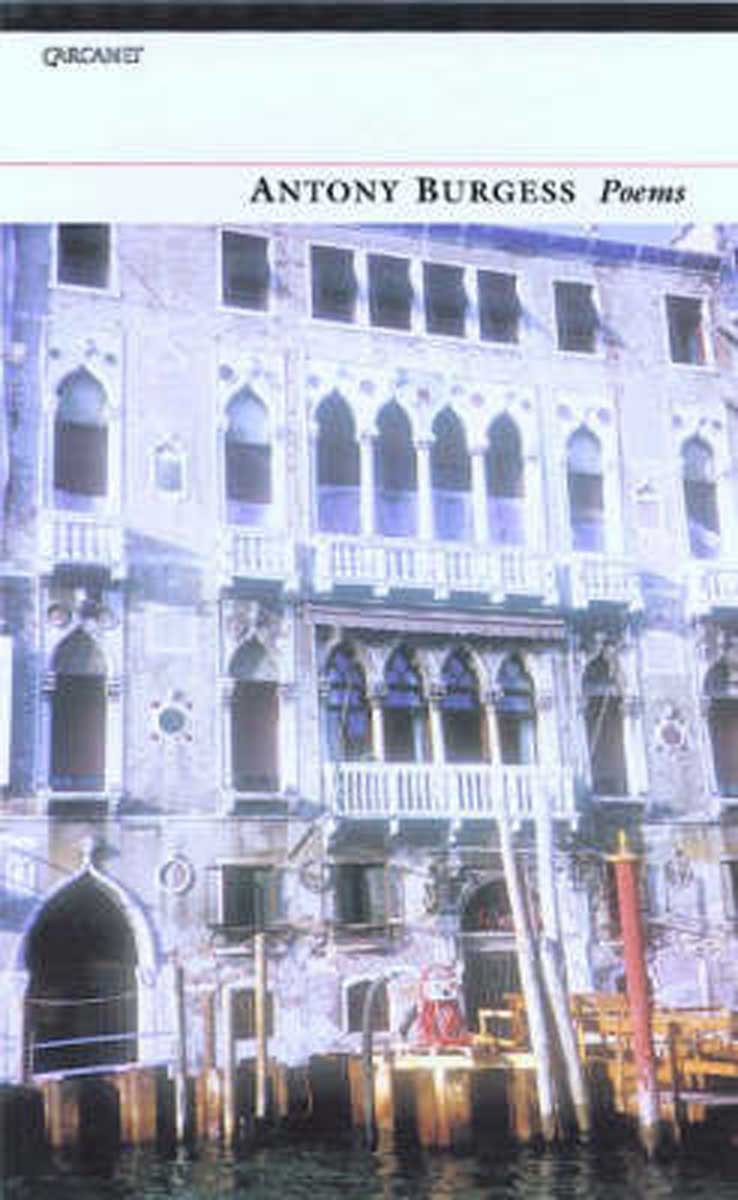Revolutionary Sonnets
"Revolutionary Sonnets" is as daring, original and inventive as the name suggest. The work explores themes of violence and love, pretensions and emotion, sex and war and is both sobering, and hysterically funny. For the first time the full range and achievement of Anthony Burgess's poetry and verse are set out, rather spectacularly, before the public.
The author of major novels, essays and reviews, the lecturer whose dazzling take on T. S. Eliot's "The Waste Land" changed our reading of the poem, is – like Eliot himself – a prosodic genius and a musical aficionado. Here are extracts from Burgess's translations of the librettos of "Carmen", "Oberon" and others; of verse dramas including "Cyrano de Bergerac", "Oedipus the King", "Chatsky"; and his original musicals "Trotsky's in New York!", "Mozart and the Wolf Gang" and "A Clockwork Orange: A Play with Music" among others. Here too are his wonderful translations of the Roman dialect poet Giuseppe Belli, extracts from his verse epic "Moses", the complete poems of F. X. Enderby, occasional poems for Vladimir Nabokov and Ogden Nash... And we encounter the poems of young John Burgess Wilson, from the Manchester student journal "The Serpent". Add to this the autobiographical poem "The Sword", his "New York Times" verses about the Apollo II moon landing, a verse fragment from his abandoned novel "It is the Miller's Daughter" – his fans and new readers will be left with a sense of the scale, wit and accomplishment of one of the great creative originals of the twentieth century.
The author of major novels, essays and reviews, the lecturer whose dazzling take on T. S. Eliot's "The Waste Land" changed our reading of the poem, is – like Eliot himself – a prosodic genius and a musical aficionado. Here are extracts from Burgess's translations of the librettos of "Carmen", "Oberon" and others; of verse dramas including "Cyrano de Bergerac", "Oedipus the King", "Chatsky"; and his original musicals "Trotsky's in New York!", "Mozart and the Wolf Gang" and "A Clockwork Orange: A Play with Music" among others. Here too are his wonderful translations of the Roman dialect poet Giuseppe Belli, extracts from his verse epic "Moses", the complete poems of F. X. Enderby, occasional poems for Vladimir Nabokov and Ogden Nash... And we encounter the poems of young John Burgess Wilson, from the Manchester student journal "The Serpent". Add to this the autobiographical poem "The Sword", his "New York Times" verses about the Apollo II moon landing, a verse fragment from his abandoned novel "It is the Miller's Daughter" – his fans and new readers will be left with a sense of the scale, wit and accomplishment of one of the great creative originals of the twentieth century.
About the author
Anthony Burgess was born in Manchester in 1917. He graduated with honours in English Literature from Manchester University in 1940. He served in World War II, then became an education officer in the Far East before beginning to write. 1962 saw the publication of his most famous work "A Clockwork Orange", which made him famous as a satirical novelist, and which was filmed by Stanley Kubrick in the 1970s. Anthony Burgess died in 1993 leaving behind an incredible body of work including poetry, screenplays and orchestral works.


